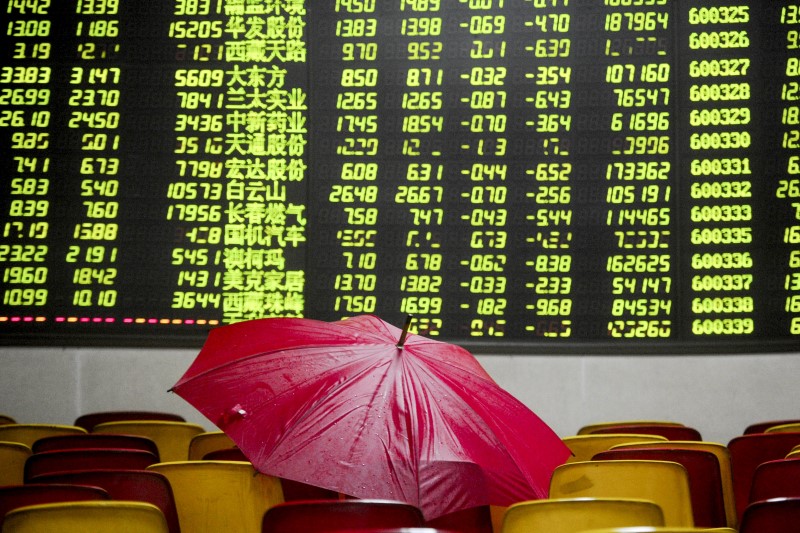Most Asian stocks fell on Friday as a rally on signs of cooling U.S. inflation wound down, while Japanese shares rose after the Bank of Japan surprised markets by signaling no near-term changes to its bond buying program.
Chinese markets were the worst performers for the day, hit by new European Union tariffs against the country’s major electric vehicle makers. Fears of retaliatory measures from Beijing also dampened sentiment.
Regional markets took middling cues from Wall Street. While gains in technology stocks still saw the S&P 500 and NASDAQ Composite hit record highs for a fourth consecutive session, broader sectors were subdued even as factory inflation data unexpectedly shrank in May.
U.S. stock index futures were muted in Asian trade.
Japanese stocks rise as BOJ maintains bond purchases
Japan’s Nikkei 225 and TOPIX indexes rose 0.7% and 0.3%, respectively, after trading sideways for most of the day.
The BOJ kept interest rates steady as widely expected. But the bank surprised markets by enacting no near-term changes to its bond buying program.
Instead, the BOJ said it will meet with market participants and unveil an elaborate plan to begin cutting bond purchases at its next meeting, in end-July.
The move indicated that Japanese monetary policy will remain relatively loose in the near-term- a trend that bodes well for local stock markets.
Markets were doubtful over the BOJ’s capacity to tighten policy, given recent signs of weakness in the Japanese economy. The central bank also offered no cues on plans to raise interest rates, after a historic hike in March.



